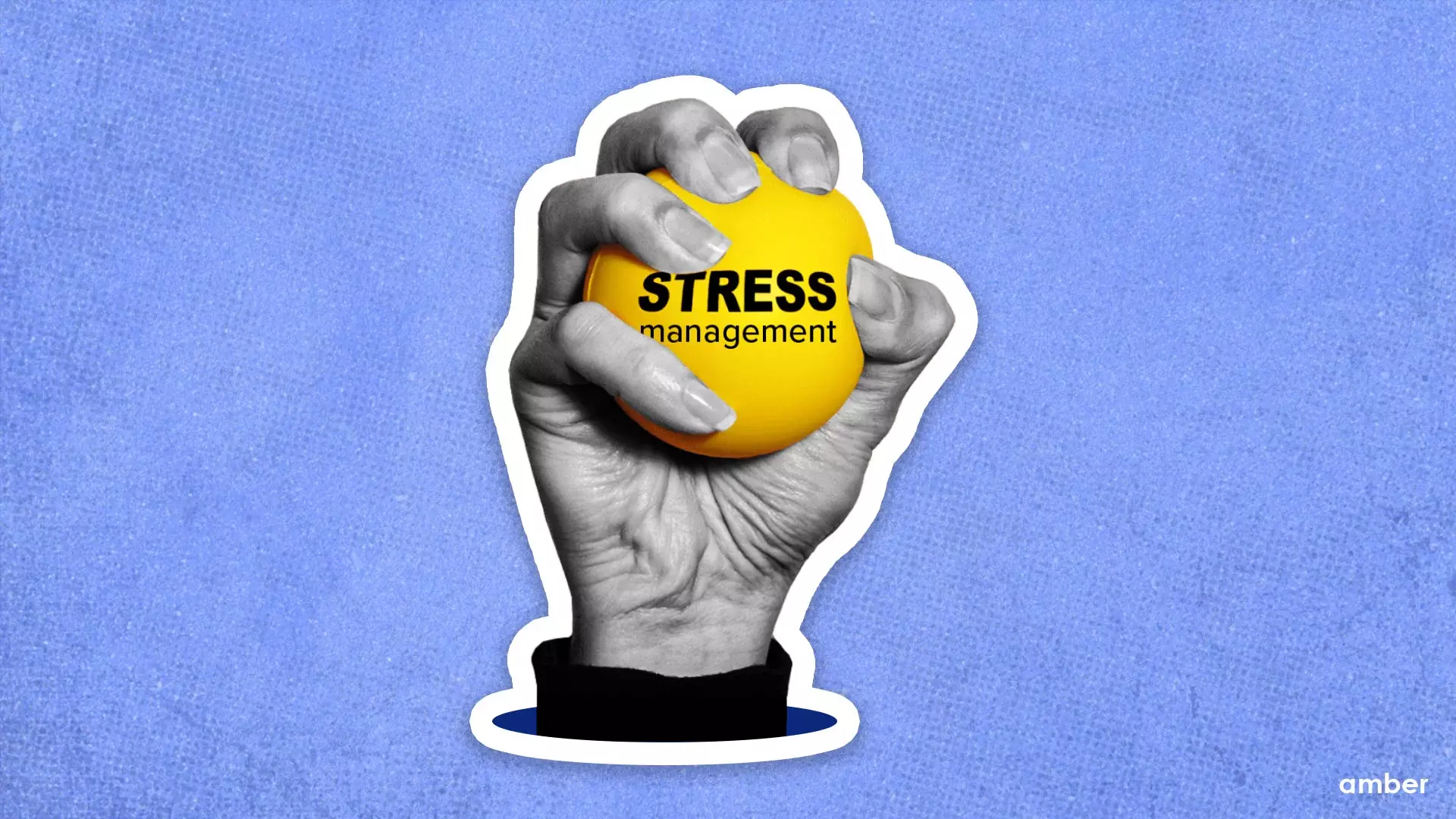Stress has become a common part of modern life, affecting our physical and mental well-being. However, managing stress is essential for maintaining good health and overall quality of life.
One effective way to combat stress is through relaxation techniques that calm both the mind and body. Here are ten relaxation methods that can help you reduce stress and promote a sense of calm and relaxation.
Deep Breathing:
Deep breathing is a simple yet powerful relaxation technique that can help reduce stress and promote relaxation. Find a comfortable position, close your eyes, and take a slow, deep breath in through your nose, allowing your belly to rise as you inhale.
Hold your breath for a moment, then slowly exhale through your mouth. Repeat this process several times, focusing on your breath and allowing your body to relax with each exhale.
Progressive Muscle Relaxation (PMR):
Progressive muscle relaxation is a technique that involves tensing and then relaxing different muscle groups in your body.
Start by tensing the muscles in your feet and slowly work your way up to your head, tensing and relaxing each muscle group for a few seconds.
Pay attention to the sensations of tension and relaxation in each muscle group, allowing yourself to release any tension you may be holding onto.
Guided Imagery:
Guided imagery involves using your imagination to create a peaceful and relaxing mental image. Find a quiet, comfortable space to sit or lie down, close your eyes, and imagine yourself in a calm and tranquil setting, such as a beach, forest, or meadow.
Visualize the sights, sounds, and sensations of this peaceful place, allowing yourself to relax and let go of any stress or tension you may be feeling.
Mindfulness Meditation:
Mindfulness meditation involves focusing your attention on the present moment without judgment. Find a quiet place to sit comfortably, close your eyes, and focus on your breath.
Notice the sensation of your breath as it enters and leaves your body, and whenever your mind wanders, gently bring your attention back to your breath.
Practicing mindfulness meditation regularly can help reduce stress and promote a sense of calm and relaxation.
Yoga:
Yoga is a mind-body practice that combines physical postures, breathing exercises, and meditation to promote relaxation and reduce stress.
There are many different styles of yoga, ranging from gentle and restorative to more vigorous and challenging.
Find a style of yoga that suits your needs and preferences, and practice regularly to reap the stress-relieving benefits.
Tai Chi:
Tai Chi is a gentle form of martial arts that focuses on slow, flowing movements and deep breathing. Practicing Tai Chi can help reduce stress, improve balance and flexibility, and promote a sense of calm and well-being.
Find a local Tai Chi class or follow along with an online video to learn the basic movements and start experiencing the stress-relieving benefits of this ancient practice.
Autogenic Training:
Autogenic training is a relaxation technique that involves repeating a series of self-statements that promote relaxation and reduce stress.
Find a quiet, comfortable space to sit or lie down, close your eyes, and repeat a series of statements to yourself, such as “My arms and legs are heavy and warm” or “My breathing is calm and steady.”
As you repeat these statements, allow yourself to relax and let go of any tension you may be holding onto.
Aromatherapy:
Aromatherapy involves using essential oils to promote relaxation and reduce stress. Some essential oils that are particularly effective for stress relief include lavender, chamomile, and bergamot.
You can use essential oils in a diffuser, add them to a warm bath, or apply them directly to your skin (diluted with a carrier oil) to experience their stress-relieving benefits.
Music Therapy:
Music has a powerful effect on our emotions and can be a powerful tool for reducing stress and promoting relaxation.
Create a playlist of soothing music that you find calming and relaxing, and listen to it whenever you’re feeling stressed or anxious.
Pay attention to the rhythm, melody, and lyrics of the music, allowing yourself to be fully present in the moment and let go of any stress or tension you may be feeling.
Laughing:
Laughter is often called the best medicine, and for good reason. Laughter triggers the release of endorphins, the body’s natural feel-good chemicals, which can help reduce stress and promote relaxation.
Watch a funny movie or TV show, spend time with friends who make you laugh, or simply find ways to inject more humor into your day-to-day life to experience the stress-relieving benefits of laughter.
Conclusion:
Incorporating relaxation techniques into your daily routine can help reduce stress, promote relaxation, and improve your overall sense of well-being.
Experiment with different techniques to find what works best for you, and make relaxation a priority in your life.
By taking time to relax and recharge, you’ll be better equipped to handle the challenges of daily life with calmness and resilience.

Leave feedback about this